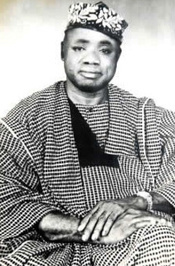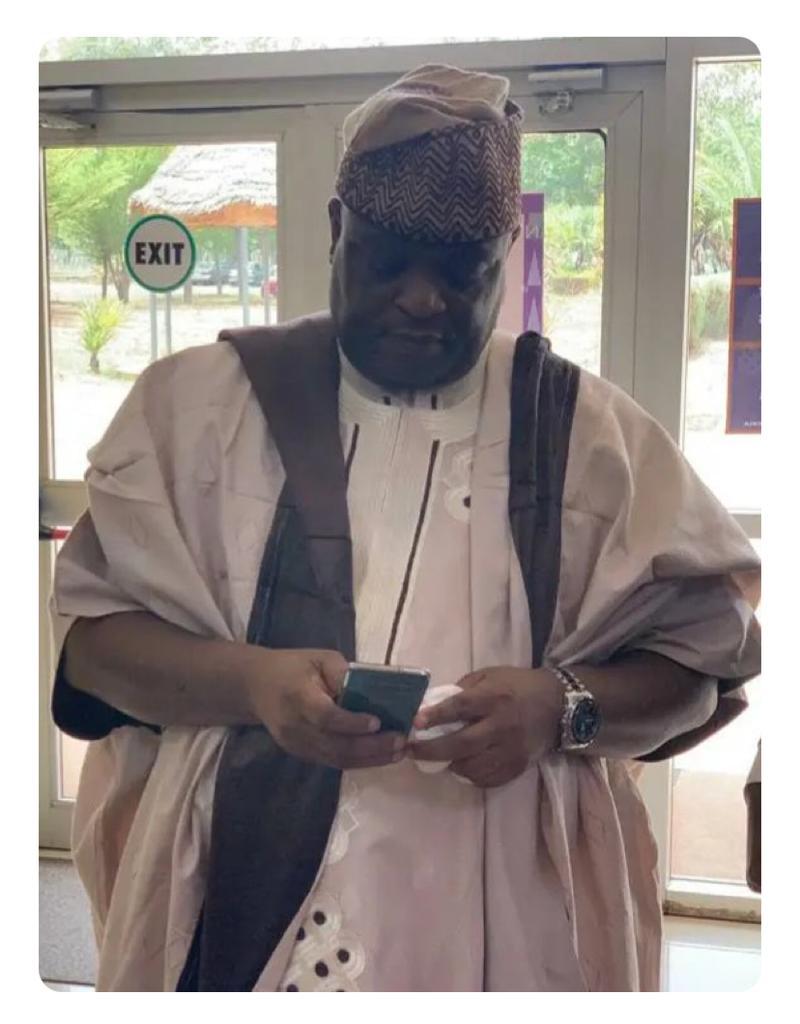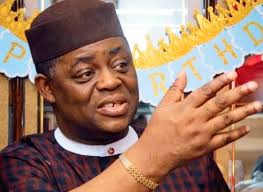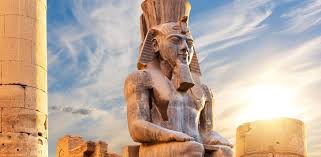Ewe people are Yoruba descendants, Archbishop Ladigbolu speaks at gathering of Ewe in Lagos
By Ologeh Joseph Chibu and Bayo Oluwadare
The Ewe people spread across Nigeria, Togo, Benin Republic and Ghana are Yoruba people, Archbishop Ayo Ladigbolu of the Alaafin Royal family has said.
He spoke at an event organised by the Ewe people in West Africa held in Lagos at the weekend.
The Ewe National Cultural Day celebration, was held on Friday, at Atisese village, Olomometa, in Ojo LGA of Lagos state. The event was attended by Irohinoodua correspondent.
Hundreds of Ewe people came from across West Africa to attend the event.Some six million Ewe Iive in West Africa
Speaking at the event, Prince Ladigbolu said the Ewe originally migrated from Ile-Ife, the historical hub of Yoruba people all over the world from where they migrated to Oyo and later spread across West Africa.
Lagos alone has some 1.5m Ewe but are denied the rights and privileges Nigerians enjoy under the Constitution and are often treated as foreigners. They Ewe have written several petitions to the Lagos House of Assembly urging the Lagos State Government to assimilate the people. In the year 2001, the Ewe obtained a letter from the then Ooni of Ife affirming the Ile-Ife ancestry.
Ladigbolu who is Archbishop Emeritus of Methodist Church of Nigeria is also the Chairman of Yoruba Unity Forum.
Ladigbolu said “The story of the Ewes is one of great historical significance, as they trace their roots back to the Old Oyo empire and the ancient city of Ile-Ife,” he said.
He said it t was under the leadership of Alaketu, a grandson of Oduduwa, that the Ewes embarked on a remarkable journey, migrating from Ile Ife during the twelfth century.
He said the Ewe sub- ethnic in West Africa stands as the descendants of those who journeyed from Ile Ife to various parts of modern West Africa before returning to establish their presence in Badagry and the coastal villages of West Africa.
He said “Their rich history and cultural contributions are a testament to their enduring legacy, as documented in the BRIEF HISTORY OF THE EWES OF NIGERIA submitted to the President, Commander-in-Chief of the Armed Forces, Federal Republic of Nigeria, in 2004.”
Ladigbolu said in addressing misconceptions, it is vital to recognize that the Ewe ethnic group is distinct from the ‘Agayin’ (Gἓnyi), both in historical and linguistic terms.
He said “The acculturation resulting from the Accra, Ada versus Akwamu war led to the settlement of a group of war refugees from Accra in Glidzi (Togo) with the assistance of the Anlo Ewes.”
According to him the distinction between the Gᾱ and Ewe speakers, now colloquially referred to as ‘Aganyi,’ has been a point of misunderstanding, which we aim to clarify today.
He said “The Ewe communities on the coastline of Lagos State have always been indigenes of Badagry Kingdom in Lagos State and bonafide citizens of Nigeria
“The communities along the beach stretch from Seme border through Takwa Bay to Epe beaches. They have been involved in traditional and modern fishing occupations and the planting of coconut trees for centuries.”
He said “It is on record that the oldest coconut tree in Nigeria may have been planted by the Ewe-speaking Nigerians.
“Yoruba language was the lingua franca of the Ajah and Ewe. They also wholeheartedly embraced the Yoruba traditional religion and its practices are warmly embraced by all their communities in spite of the existence of, and their adherence to Islam and Christianity.
He recalled that Yoruba traditional names such as Fagbeji, Amosu, Akapo, Agboade, Abiodun, Famuyiwa still remain Ewe names till date as inerasable symbols of their historical and cultural affinity to the Yoruba race.
At the event were leaders and representatives of Ewes in Republic of Benin, Togo and Ghana, Mr Torgbui Agbelorm; Chairman of Yoruba Unity Forum and guest speaker, Archbishop Emeritus Ayo Ladigbolu; his wife, Afolake; and President, Ewe Indigenes of Nigeria, Herbert Ayedun.





